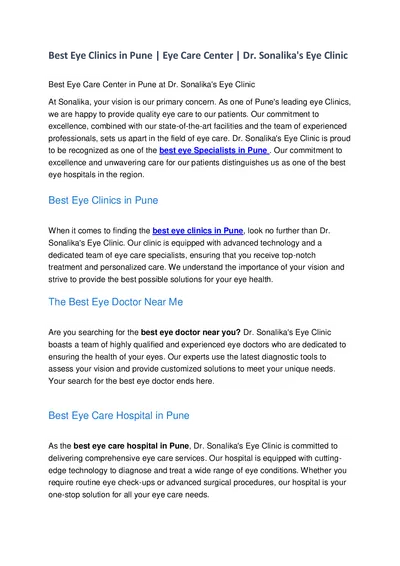PDF-(DOWNLOAD)-The Digital Doctor: Hope, Hype, and Harm at the Dawn of Medicine’s Computer
Author : drieyudhistira62 | Published Date : 2022-06-24
The New York Times Science Bestseller from Robert Wachter Modern Healthcares 1 Most Influential PhysicianExecutive in the USWhile modern medicine produces miracles
Presentation Embed Code
Download Presentation
Download Presentation The PPT/PDF document "(DOWNLOAD)-The Digital Doctor: Hope, Hyp..." is the property of its rightful owner. Permission is granted to download and print the materials on this website for personal, non-commercial use only, and to display it on your personal computer provided you do not modify the materials and that you retain all copyright notices contained in the materials. By downloading content from our website, you accept the terms of this agreement.
(DOWNLOAD)-The Digital Doctor: Hope, Hype, and Harm at the Dawn of Medicine’s Computer: Transcript
Download Rules Of Document
"(DOWNLOAD)-The Digital Doctor: Hope, Hype, and Harm at the Dawn of Medicine’s Computer"The content belongs to its owner. You may download and print it for personal use, without modification, and keep all copyright notices. By downloading, you agree to these terms.
Related Documents














